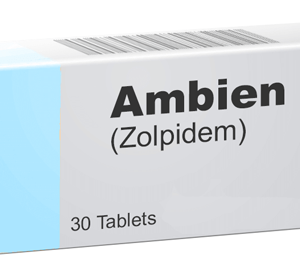Sleeping pills are medications used to treat insomnia or other sleep disorders by helping individuals fall asleep, stay asleep, or improve sleep quality. They are typically prescribed for short-term use to manage acute sleep problems, though some may be used for longer periods under medical supervision.
Types of Sleeping Pills:
- Prescription medications:
- Benzodiazepines (e.g., diazepam, lorazepam): Sedatives that promote relaxation but may cause dependence if used long-term.
- Non-benzodiazepine hypnotics (e.g., zolpidem, eszopiclone): Target specific receptors to induce sleep with fewer side effects than benzodiazepines.
- Melatonin receptor agonists (e.g., ramelteon): Mimic melatonin, the hormone that regulates the sleep-wake cycle.
- Antidepressants (e.g., trazodone, doxepin): Sometimes prescribed off-label to help with sleep, especially in people with depression.
- Over-the-counter (OTC) sleep aids:
- Antihistamines (e.g., diphenhydramine, doxylamine): Common in non-prescription sleep aids but can cause grogginess the next day.
- Melatonin supplements: A natural hormone that can help regulate sleep patterns, especially for jet lag or shift work.
Risks and Considerations:
- Side effects: Drowsiness, dizziness, headaches, or dry mouth.
- Dependency: Prolonged use of prescription sleeping pills can lead to physical or psychological dependence.
- Short-term use: Most sleeping pills are intended for temporary relief of sleep issues, with other sleep hygiene practices recommended for long-term improvement.
Sleeping pills should be used under a healthcare provider’s guidance, as they may interact with other medications or exacerbate underlying health conditions.
Sale!
ANTI-ANXIETY
£100.00 – £890.00
Sale!
ANXIETY PILLS
£160.00 – £800.00
Sale!
PAIN & FEVER
£110.00 – £550.00
Sale!
SEEPING MEDS
£120.00 – £380.00
Sale!
Sleeping pills
£110.00 – £280.00
Sale!
Sleeping pills
£120.00 – £910.00








